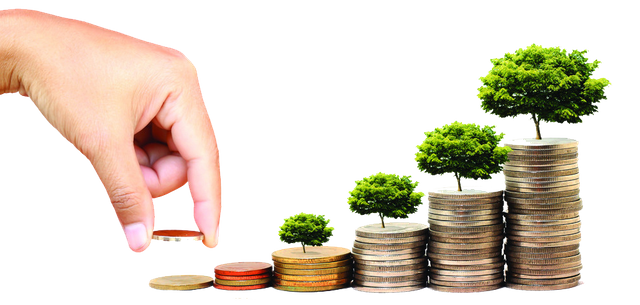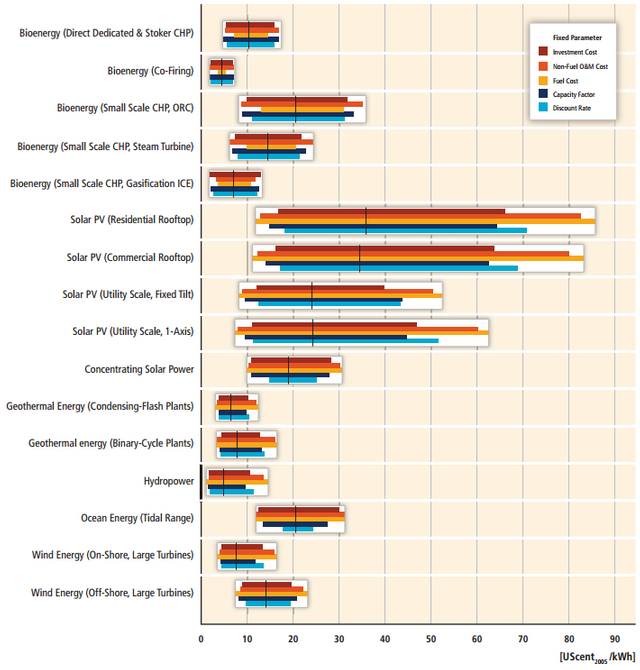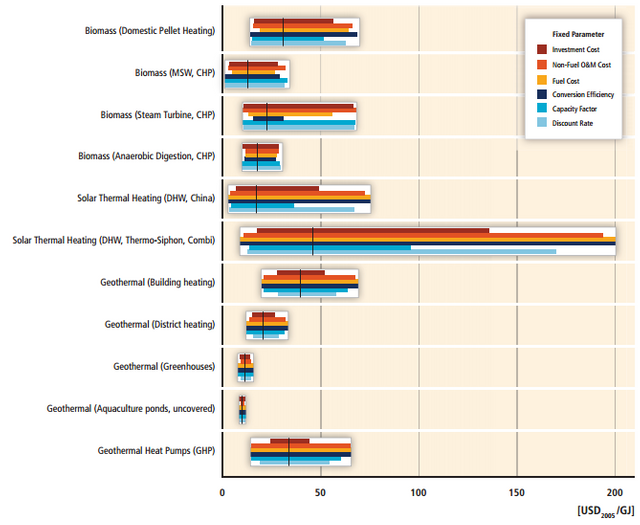System upgrade - The world of tomorrow [Energy production]
Fossil fuels are non-renewable, that is, they draw on finite resources that will eventually dwindle, becoming too expensive or too environmentally damaging to retrieve. In contrast, the many types of renewable energy resources-such as wind and solar energy are constantly replenished and will never run out.
Because the path to a substainable energy sources is obligated, we need a good and sustainable startegy applied enough early to be ready when other energy sources will be missing.
The question is how can we manage our time and ressources optimaly into renewable technologies ? We need to minimize cost while maximizing the extraction of renewable ressources efficiency, in other terms, making the best investment.
Let's view things from an ecological point of view called the Energy Return On Investment.
EROI = Energy delivered / energy required to deliver this energy.
If you’ve got an EROI of 1.1:1, you can pump the oil out of the ground and look at it. If you’ve got 1.2:1, you can refine it and look at it. At 1.3:1, you can move it to where you want it and look at it. We looked at the minimum EROI you need to drive a truck, and you need at least 3:1 at the wellhead. Now, if you want to put anything in the truck, like grain, you need to have an EROI of 5:1. And that includes the depreciation for the truck. But if you want to include the depreciation for the truck driver and the oil worker and the farmer, then you’ve got to support the families. And then you need an EROI of 7:1. And if you want education, you need 8:1 or 9:1. And if you want health care, you need 10:1 or 11:1.
-Professor Charles Hall, the father of EROI.
To ensure the same life quality as we have today, the minium EROI required is at least 11.
It's difficult to find great report of EROI because often, not all cost are included and the report is not very accurate considering the wide range of technology and the poor set of data used.
Source: Scientific American published from nature.com, number from Scientific American based on meta-analysis.
Depending the environment, some renewable energy are inaccessible, but when accessible, the way to choose the best solution is to take the best efficiency ecologicaly (EROI) and economicaly (ROI) depending the goal.
Energy cost
source: IPCC SRREN page 216-226
Which energy source is the best?
Electricity
1. Hydroelectricity
EROI: 40 - 250 source
With the very near lowest production cost (~5 US cent/ kWh), hydroelectricity is without doubt the best substainable energy source.
Hydroelectricity power plant must be maid in respect of the environment and it's fine.
2. Wind power
EROI: 20 - 36.5 source
With one of the lowest cost (~8 US cent/ kWh) , wind power is the second best energy source.
With recent innovation such as bladeless wind turbine, the EROI is improved up to 40%.
3. Geothermal, Biomass, Tidal power, Solar panel
EROI: 7-12 source 1, source 2
Geothermal, Biomass, and Solar panel are quite great economicaly (5-25 US cent/ kWh) but have an low EROI.
In particular condition such as in Iceland for geothermal, in a farm for biomass using waste or in the desert using concentrated solar panel, theses technology are interesting.
Tidal power have a great EROI (14-115 source) but a relatively high cost (~21 US cent/ kWh) due to it's very long return on investment time and high capital cost sensitive to interest rates. This is why we can notice a great difference between the EROI and ROI.
Theses technologies can't be sorted globaly, they depend a lot on the environment and interest rates.
Note: Nuclear power plant have often an EROI between 1 - 75, the waste storage is costly and the EROI is highly influanced by the time range taken in count.




Bon article 👌
Il faudra que tu m'explique un ou deux truc sur ES8,
Niveau interface c'est vraiment top !
Super taff ^^
👌✌
Merci